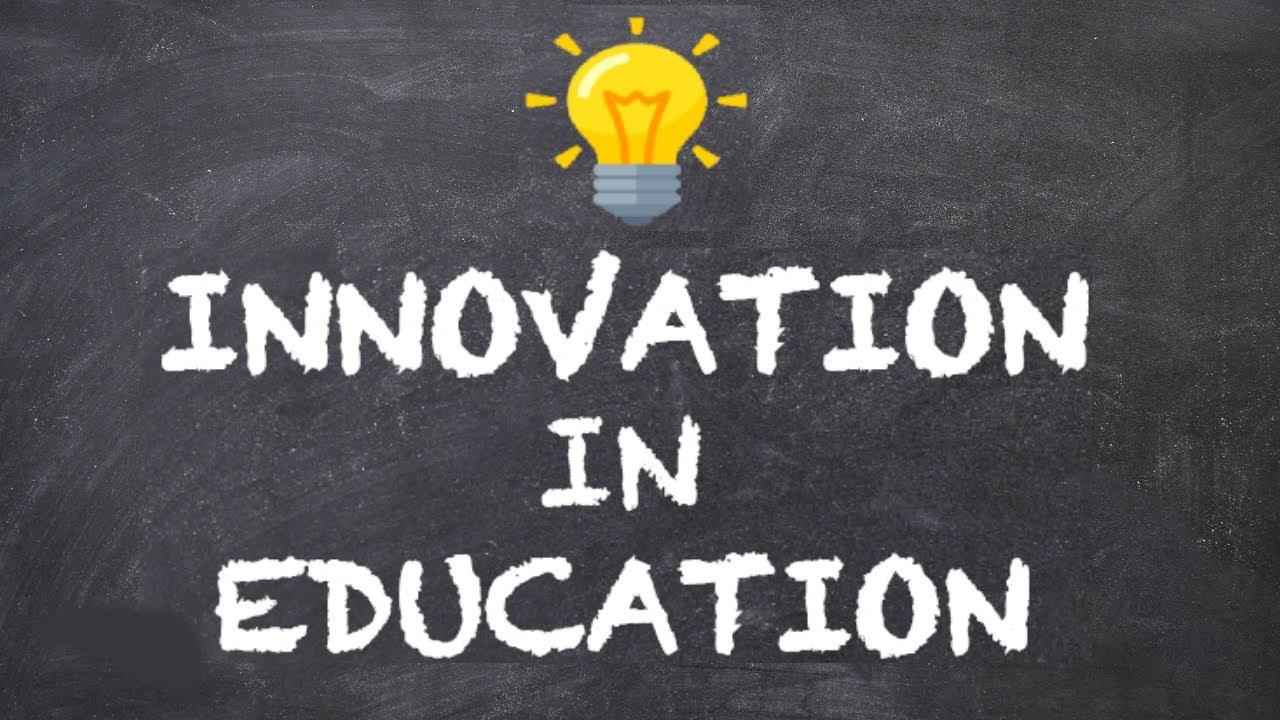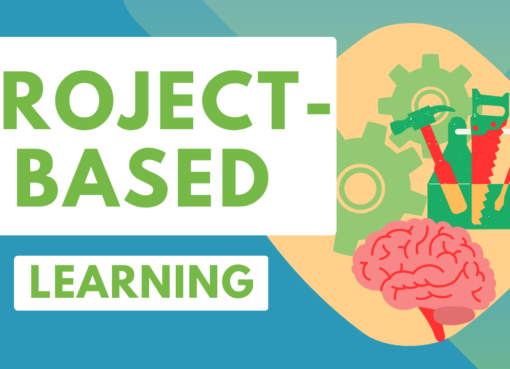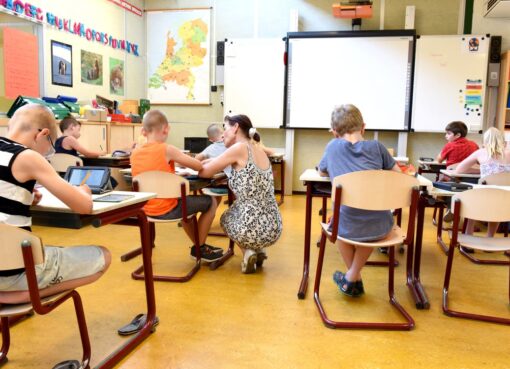Exploring Education Innovations for the 21st Century

Introduction:
Innovation has always been at the heart of education, driving progress and transformation in how we teach and learn. In the fast-paced world of the 21st century, education innovations are more crucial than ever, as we seek to prepare students for a rapidly changing global landscape and equip them with the skills and knowledge they need to succeed in an increasingly interconnected and technology-driven world. In this article, we delve into the latest education innovations, exploring groundbreaking approaches, technologies, and initiatives that are reshaping the future of learning.
Personalized Learning:
Personalized learning is a pedagogical approach that tailors instruction to the individual needs, interests, and abilities of each student. By leveraging technology, data analytics, and adaptive learning platforms, educators can customize learning experiences, pacing, and content to meet the diverse needs of learners. Personalized learning empowers students to take ownership of their learning, fostering autonomy, self-direction, and intrinsic motivation. From adaptive learning algorithms to competency-based education models, personalized learning is revolutionizing the way we deliver education and unlock the potential of every learner.
Blended Learning:
Blended learning combines traditional face-to-face instruction with online learning activities, providing a flexible and dynamic learning environment that maximizes the benefits of both. By integrating digital resources, multimedia content, and interactive tools into the curriculum, educators can enhance engagement, collaboration, and accessibility for students. Blended learning models vary widely, ranging from flipped classrooms and hybrid courses to virtual labs and project-based learning experiences. As technology continues to evolve, blended learning offers endless possibilities for innovation and experimentation in education.
Virtual and Augmented Reality:
Virtual reality (VR) and augmented reality (AR) technologies are revolutionizing the way we experience and interact with educational content. From immersive virtual field trips and simulations to interactive 3D models and holographic displays, VR and AR offer opportunities for experiential learning that transcend the limitations of traditional classroom settings. By bringing abstract concepts to life and enabling hands-on exploration, these technologies engage students in deep learning experiences that enhance comprehension, retention, and critical thinking skills. As VR and AR become more accessible and affordable, they have the potential to transform education across diverse subject areas and grade levels.
Gamification and Game-Based Learning:
Gamification involves incorporating game elements, mechanics, and design principles into educational activities to increase motivation, engagement, and learning outcomes. Game-based learning takes this concept a step further by using games as the primary mode of instruction, allowing students to learn through play and exploration. By integrating challenges, rewards, and feedback mechanisms into educational games, educators can create immersive learning experiences that foster collaboration, problem-solving, and creativity. From educational apps and digital simulations to board games and role-playing activities, gamification and game-based learning offer innovative ways to make learning fun, interactive, and meaningful.
Artificial Intelligence and Adaptive Learning:
Artificial intelligence (AI) and machine learning algorithms are transforming education through adaptive learning platforms that analyze student data and behavior to personalize instruction in real-time. By tracking student progress, identifying learning gaps, and recommending targeted interventions, AI-powered systems can provide individualized support and feedback to help students achieve mastery of concepts and skills. Adaptive learning technologies are particularly beneficial for students with diverse learning needs and abilities, offering tailored learning pathways that optimize engagement and learning outcomes. As AI continues to advance, adaptive learning holds the promise of revolutionizing education and closing achievement gaps for all learners.
Project-Based and Experiential Learning:
Project-based learning (PBL) and experiential learning approaches immerse students in real-world problems and challenges, allowing them to apply knowledge and skills in authentic contexts. By working collaboratively on projects, conducting research, and solving complex problems, students develop critical thinking, communication, and collaboration skills that are essential for success in the 21st century workforce. Experiential learning experiences such as internships, service learning, and entrepreneurship programs provide opportunities for students to gain hands-on experience and explore career pathways while making meaningful contributions to their communities. As educators increasingly embrace project-based and experiential learning, they are preparing students to thrive in a rapidly changing world and become lifelong learners and problem solvers.
Open Educational Resources and Online Learning Platforms:
The proliferation of open educational resources (OER) and online learning platforms has democratized access to high-quality educational content and resources, breaking down barriers to learning and expanding opportunities for students around the world. OER, which include textbooks, videos, lesson plans, and interactive tutorials that are freely available for use, adaptation, and sharing, empower educators to customize and contextualize instructional materials to meet the needs of their students. Online learning platforms offer a wealth of educational content, courses, and resources that can be accessed anytime, anywhere, providing flexibility and convenience for learners of all ages and backgrounds. From massive open online courses (MOOCs) to educational podcasts and webinars, OER and online learning platforms are transforming education by making learning more accessible, affordable, and inclusive.
Conclusion:
Education innovations are reshaping the future of learning, offering transformative opportunities to enhance engagement, personalize instruction, and prepare students for success in a rapidly changing world. From personalized learning and blended learning to virtual reality and artificial intelligence, these innovations are revolutionizing education by making learning more accessible, engaging, and effective. As educators, policymakers, and stakeholders continue to embrace these innovations and explore new frontiers in education, let us harness the power of innovation to create a more equitable, inclusive, and empowering education system that unlocks the full potential of every learner.


